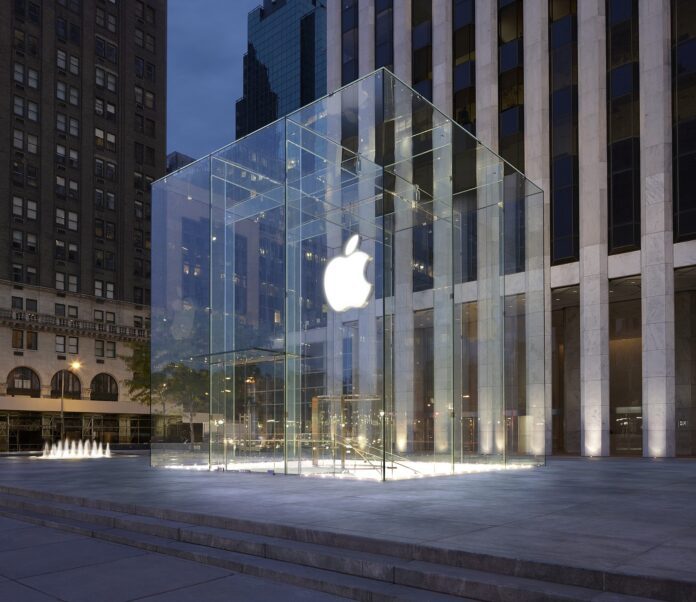Much broader questions about security and privacy at stake, Apple argues; Woz weighs in
Apple and the FBI, engaged in an increasingly heated legal exchange over an alleged terrorist’s iPhone that has also sparked a national discussion about digital security, are set to meet in court on March 22.
Last month, Magistrate Judge Sheri Pym of the U.S. District Court for the Central District of California, ordered Apple to comply with the FBI’s request that the tech giant write software the government could use to access information on the San Bernardino gunman’s iPhone.
In the run up to the court date in Riverside, California, both sides have filed arguments with Pym making their respective cases. On Feb. 19, federal attorneys filed documents calling out Apple for not assisting the government’s response to apparent terrorism.
“Rather than assist the effort to fully investigate a deadly terrorist attack by obeying this court’s order of Feb. 16, 2016, Apple has responded by publicly repudiating that order,” the filing noted. “Apple has attempted to design and market its products to allow technology, rather than the law, to control access to data, which has been found by this court to be warranted for an important investigation. Despite its efforts, Apple nonetheless retains the technical ability to comply with the order, and so should be required to obey it.”
The Justice Department goes on to lay out legal reasons why Apple should perform the technical work; Apple attorneys went on to dismantle both the legalities, but also the government’s understanding of mobile technology. In the latest filing from March 15, Apple continues to make the point that the legal row isn’t this one instance, but about much larger, more impactful issues around digital security.
“The Justice Department and FBI argue that this court must decide the issue in a vacuum, without regard to either the swirling national debate about mandating a back door or the dangers to the security and privacy of millions of citizens posed by the relief they seek on behalf of the United States. It has become crystal clear that this case is not about a ‘modest’ order and a ‘single iPhone,’” the attorneys wrote, referencing language used by FBI Director James Comey at a recent Congressional hearing. “Instead, this case hinges on a contentious policy issue about how society should weigh what law enforcement officials want against the widespread repercussions and serious risks their demands would create.”
Apple’s legal team goes on to channel Supreme Court Justice Louis Brandeis, who said: “The greatest dangers to liberty lurk in insidious encroachment by men of zeal, well-meaning but without understanding.”
“In this case,” the attorneys argued, “the government’s motivations are understandable, but its methods for achieving its objectives are contrary to the rule of law, the democratic process and the rights of the American people. The court should vacate the order and deny the government’s motion to compel.”
Apple co-founder Steve Wozniack
Legendary Apple co-founder Steve Wozniack, in a recent “Reddit Ask Me Anything,” gave his opinion in response to a question:

